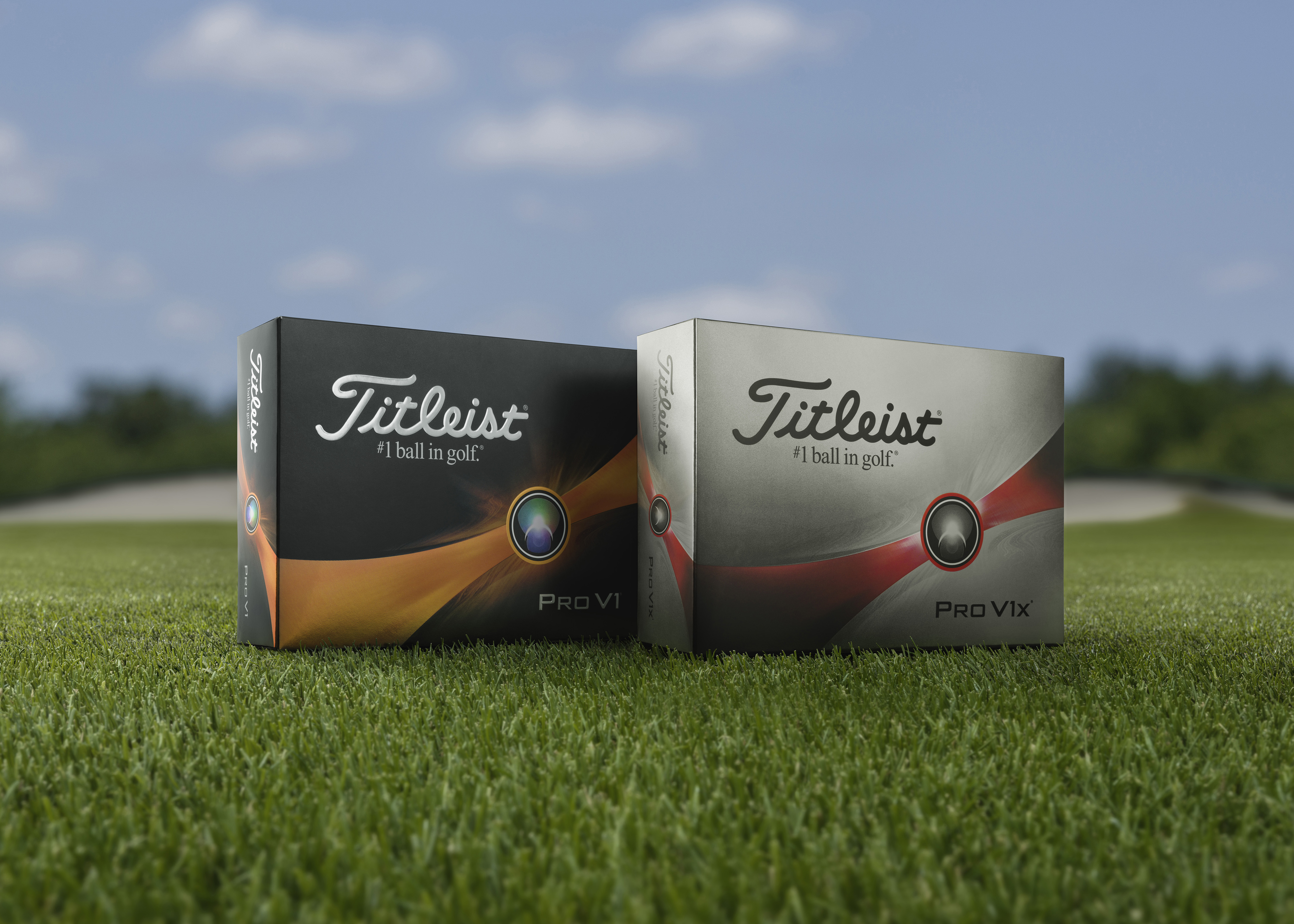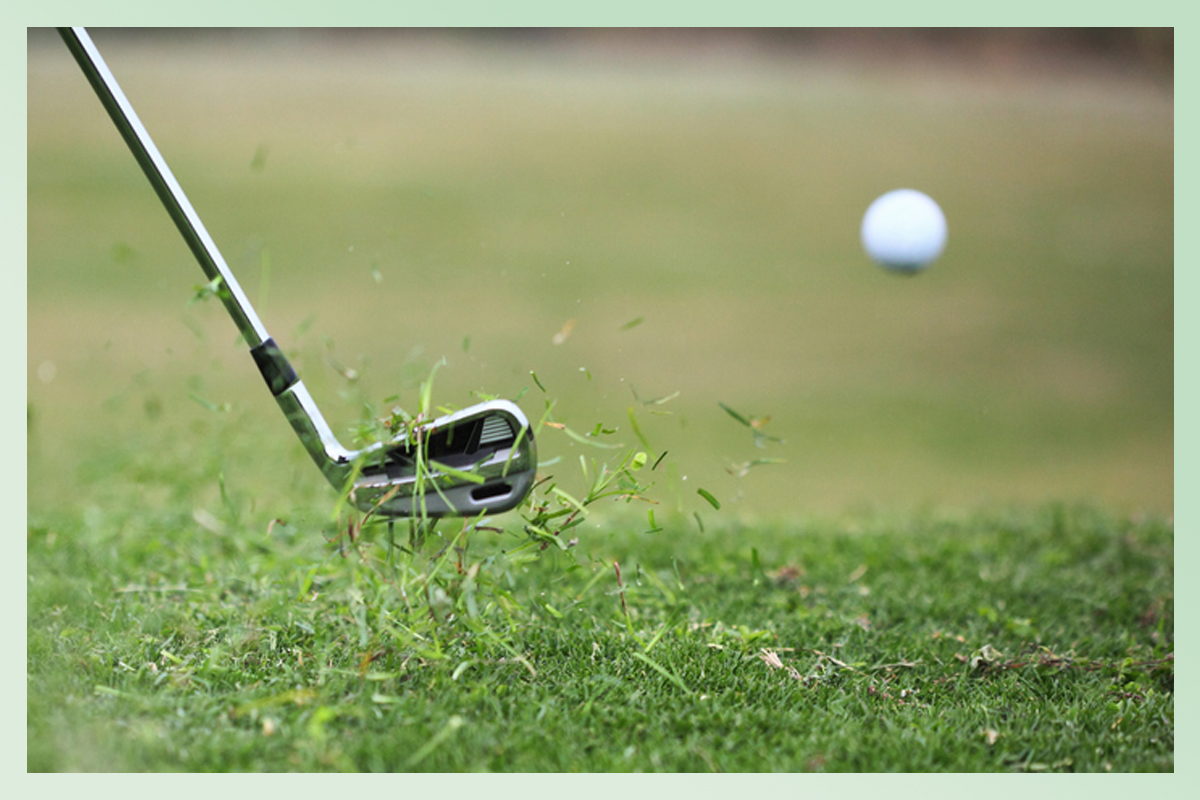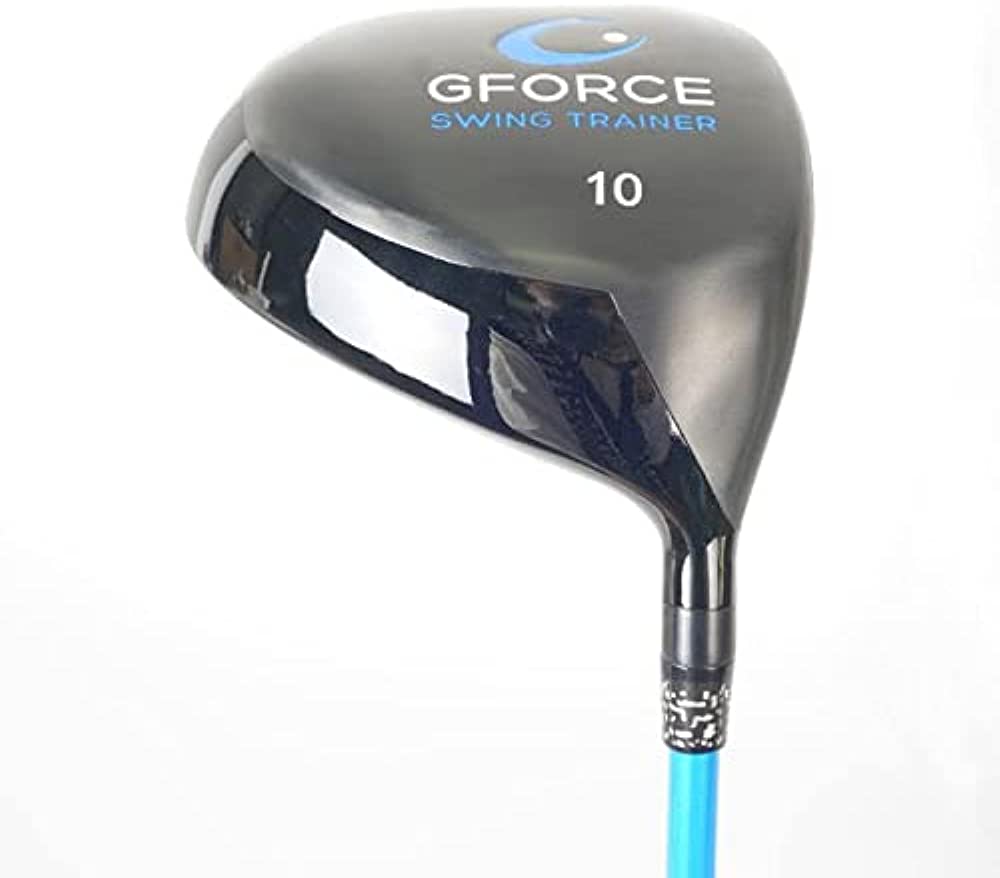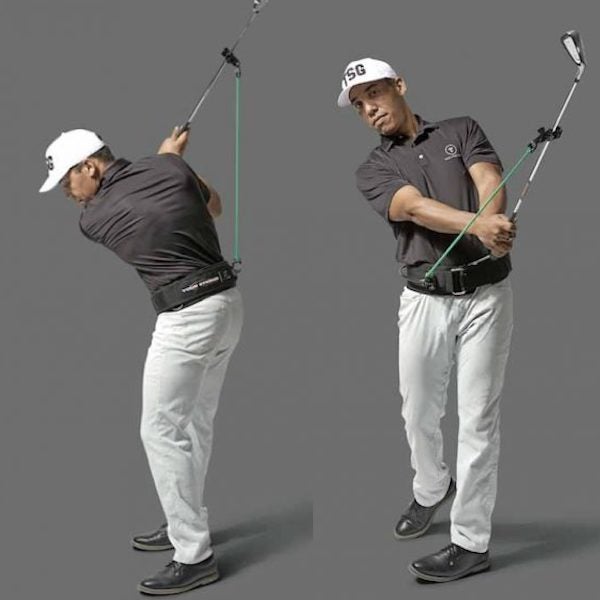Unleash Your Inner Pro: Are Softer Golf Balls Better?
Softer golf balls are not necessarily better. The type of golf ball that is best for a player is dependent on their individual swing style and preferences.
Different golfers may have different preferences when it comes to the firmness of their golf balls. Some golfers may perform better with a softer ball due to the way they compress the ball at impact, while others prefer firmer balls for greater distance.
Additionally, the type of golf course being played on may also factor into a golfer’s choice of ball. Ultimately, the best way to determine which ball is best suited for a player is through trial and error, experimenting with different types of balls, and taking note of the results. It is important for golfers to choose a ball that allows them to play to their strengths and improve their overall game.

Credit: mediacenter.titleist.com
The Science Behind Golf Balls
Are Softer Golf Balls Better: The Science Behind Golf Balls
Golfers have long debated the benefits of using softer golf balls versus harder ones. While some golfers swear by the softer options, others believe that harder golf balls provide more control and distance. However, understanding the science behind golf ball engineering can help us shed light on this debate.
Let’s explore the three key aspects of golf ball construction: the core, the cover, and compression, and see how each one affects a golf ball’s playability.
Core: Understanding The Basics Of Golf Ball Engineering
- The core of a golf ball is its central component, responsible for providing most of the ball’s energy transfer upon impact.
- Manufacturers typically use either a solid rubber core or layered constructions.
- Solid cores are generally harder, leading to a faster transfer of energy and, hence, greater distance.
- Soft cores are more compressible, resulting in slower energy transfer and less distance, but greater control.
- However, some golfers prefer faster cores since they have less spin, allowing them to control the direction of their shots better.
Cover: The Importance Of The Outer Layer In Golf Ball Construction
- The cover of a golf ball is its outermost layer, designed to protect the ball and provide greater control.
- Cover materials can vary from ionomers to urethane covers, each offering different performance characteristics.
- Ionomer covers, for instance, are harder and more durable than urethane, but provide lower spin and control.
- Conversely, urethane covers offer a softer feel and greater control in greenside shots but are less durable than ionomer covers.
- The thickness and design of the cover also play crucial roles in the ball’s playability.
Compression: How The Compression Rating Can Affect The Performance Of A Golf Ball
- Golf ball compression is the measure of how much a ball compresses when struck by a club.
- Golfers with slower swing speeds can benefit from the greater compression of softer golf balls, as they allow for more energy transfer and hence, distance.
- In contrast, golfers with faster swing speeds may prefer harder golf balls that provide less compression and more control.
- However, the correlation between swing speed and compression is not always straightforward since other factors, such as the ball’s construction and cover material, play crucial roles.
The decision to use a softer or harder golf ball depends on individual preferences and playing styles. While softer golf balls can provide greater control, they may sacrifice some distance off the tee. The key is to understand your playing style, swing speed, and the science behind golf ball construction to choose the one that suits you the most.
The Case For Soft Golf Balls
Are softer golf balls better: the case for soft golf balls
If you’re an avid golfer, you probably know that choosing the right type of golf ball can make a significant difference in your game. One of the most popular debates in the golfing world is whether softer golf balls are better than their harder counterparts.
In this post, we’ll explore the benefits of choosing soft golf balls over their harder counterparts with a focus on increased spin control for short game shots, reduced spin off the driver for added accuracy and distance, and improved feel and feedback on shots.
Benefits Of Choosing Soft Golf Balls Over Their Harder Counterparts
Soft golf balls are becoming increasingly popular and for a good reason. Here are some of the key benefits of soft golf balls:
- Increased spin control for short game shots: Soft golf balls have a softer cover and core which makes them easier to compress with your short game clubs. This increased compression allows you to generate more spin on your shots, giving you better control over the ball’s flight and stopping power. If you struggle with your short game shots, switching to softer golf balls might be just what you need to improve your game.
- Reduced spin off the driver for added accuracy and distance: While soft golf balls have increased spin on short game shots, they have less spin on the driver shots. This reduced spin off the driver means that the ball will travel further with less side spin, making it easier for you to hit it straight and far. If you are looking to increase your accuracy and distance off the tee, switching to a softer golf ball might be a good idea.
- Improved feel and feedback on shots: Soft golf balls offer improved feel and feedback on shots. The softness of the cover and core allows you to feel the impact of your shots better. This feedback can provide valuable insight into your swing, helping you make necessary adjustments to improve your game.
While harder golf balls might be better for golfers with faster swing speeds, the benefits of choosing soft golf balls far outweigh the drawbacks. Soft golf balls provide an increased level of control, accuracy, and feel, making them a great option for golfers of all skill levels.
Give them a try, and you might just see an improvement in your game.
Disadvantages Of Using Soft Golf Balls
Are softer golf balls better: disadvantages of using soft golf balls
Golfers spend hours practicing shots and perfecting their swing, but it all comes down to the type of golf ball they use. While there are plenty of benefits to using soft golf balls, such as a softer feel and increased spin, there are also disadvantages.
In this section, we’ll discuss the disadvantages of using soft golf balls, including limited durability, reduced ball speed leading to less distance on certain shots, and their unsuitability for golfers with faster swing speeds.
Limited Durability Compared To Harder Golf Balls
Soft golf balls are made with a softer outer layer that wears out faster than harder golf balls. As a result, they tend to have a shorter lifespan and need to be replaced more frequently. Soft golf balls tend to scuff and scrape more easily and can also become misshapen, which leads to more inconsistencies and inaccurate shots.
To maximize the lifespan of soft golf balls, take care to store them properly, avoid using them on abrasive surfaces like concrete, and rotate them frequently to prevent excessive wear on one side.
Reduced Ball Speed, Leading To Less Distance On Certain Shots
Another disadvantage of using soft golf balls is that they tend to have lower ball speeds compared to their harder counterparts. This lower ball speed can lead to less distance on certain shots, such as long drives and full iron shots.
For golfers with slower swing speeds, the reduced ball speed may not make much difference. However, for golfers with faster swing speeds, the reduction in ball speed can mean losing valuable distance.
While reduced ball speed can be a disadvantage, it is important to note that softer golf balls can offer greater control and increased spin on short shots, providing greater precision for approach shots and putting.
Unsuitable For Golfers With Faster Swing Speeds
As mentioned earlier, soft golf balls tend to have lower ball speeds, which can be problematic for golfers with faster swing speeds. Golfers who generate high swing speeds typically generate more ball speed by using harder golf balls. In contrast, using soft golf balls with high swing speeds can lead to significant distance loss, which could affect scores and overall game performance.
Soft golf balls are more suitable for golfers with slower swing speeds and those looking for increased spin and greater control over short shots.
Overall, soft golf balls have their advantages and disadvantages, and it’s essential to choose a ball that works best for your particular game. Although softer golf balls may offer more control and increased spin, golfers need to be aware of the potential disadvantages, such as limited durability, reduced ball speed, and unsuitability for golfers with faster swing speeds.
Weighing the pros and cons of each ball type can help golfers choose the right ball to improve their game.
Finding The Right Soft Golf Ball For You
Are Softer Golf Balls Better: Finding The Right Soft Golf Ball For You
Golfers know that selecting the right type of golf ball could significantly improve their performance on the course. It is crucial to choose the right one that fits your playing style to enhance the quality of your shots. Here are some tips when finding the right soft golf ball for you.
Understanding The Different Types Of Soft Golf Balls Available
Soft golf balls come in different types, each designed to suit golfers with different playing styles. Here are some of the primary types:
- Two-piece golf balls: 2-piece golf balls are usually the most affordable and offer greater distance with lower spin rates. They are often used by novice golfers and those who want more distance.
- Three-piece golf balls: 3-piece golf balls are more versatile than 2-piece golf balls. They offer more control on the green and have medium spin rates. They are popular among intermediate to advanced golfers.
- Four-piece golf balls: 4-piece golf balls are more expensive and offer greater control with higher spin rates. They are often preferred by professional golfers.
Conducting Research And Reading Product Reviews
With numerous types and brands of soft golf balls available, finding the right one could be challenging and time-consuming. Here are some useful tips to help you out:
- Go online and read reviews at websites like golf digest and golf.com to know what other golfers think about various golf balls.
- Consider your playing style. Some golf balls are made for distance, while others focus on control. Choose the one that fits your game.
- Ask for recommendations from fellow golfers or your golf instructor. They could give you a good idea of what golf ball will work best for you.
Experimenting With Different Brands And Models To Find The Perfect Fit
To find the perfect soft golf ball for you, you need to experiment with different brands and models. Here are some ways to help you out:
- Purchase a couple of models that you think might work for you and take them out onto the course.
- Test each ball’s distance, spin, and accuracy. Do this with your golfing routine, not just a few shots.
- Take note of your results to assess what golf ball works best for you.
Finding the right soft golf ball could significantly improve your game. By understanding the different types available, conducting research and reading product reviews, and experimenting with different brands and models, you’ll find one that fits your playing style. Ensure you choose the right ball for you to improve your overall performance.
Frequently Asked Questions For Are Softer Golf Balls Better
Can Softer Golf Balls Improve Distance?
Softer golf balls can improve distance due to higher ball speed and lower spin rate.
Are Softer Golf Balls Easier To Control?
Softer golf balls offer better control for low swing speed golfers due to their reduced spin.
Do Softer Golf Balls Feel Better On Impact?
Softer golf balls provide a softer feel on impact, making them more comfortable to hit.
Conclusion
After careful analysis, it seems that the answer to the question “are softer golf balls better? ” Isn’t a simple “yes” or “no. ” It depends on the individual golfer’s skill level, swing speed, and personal preferences. For beginners or golfers with slower swing speeds, a softer ball may provide a better overall experience.
However, for more experienced players with faster swing speeds, a harder ball is likely to offer better distance and control. It’s important to experiment with different types of golf balls to find the one that works best for your game.
No matter which type of ball you choose, always remember to pair it with the appropriate club for optimal performance. By taking these factors into account, you’ll be able to make a more informed decision on which type of golf ball will provide the best results for your unique playing style.



